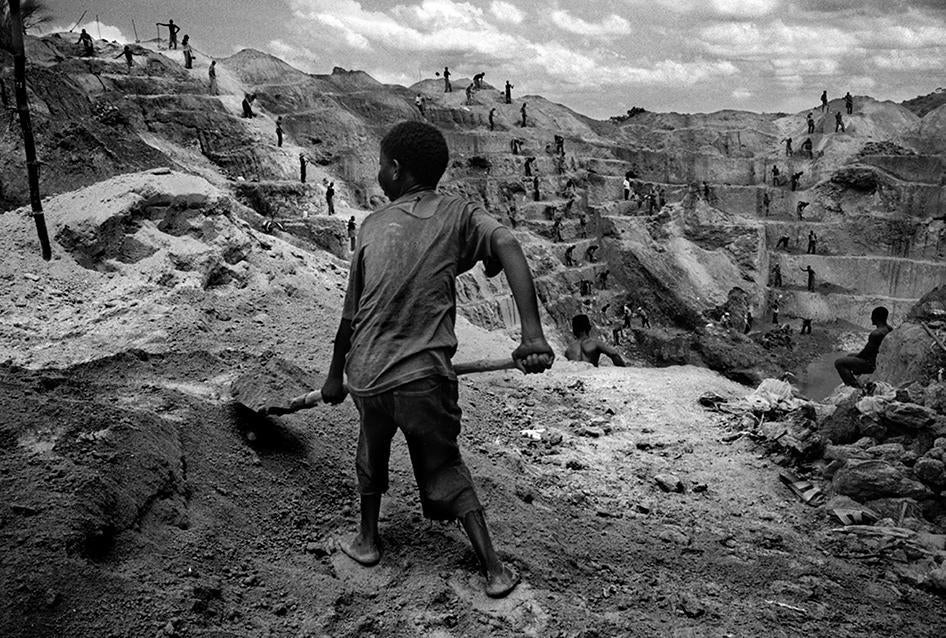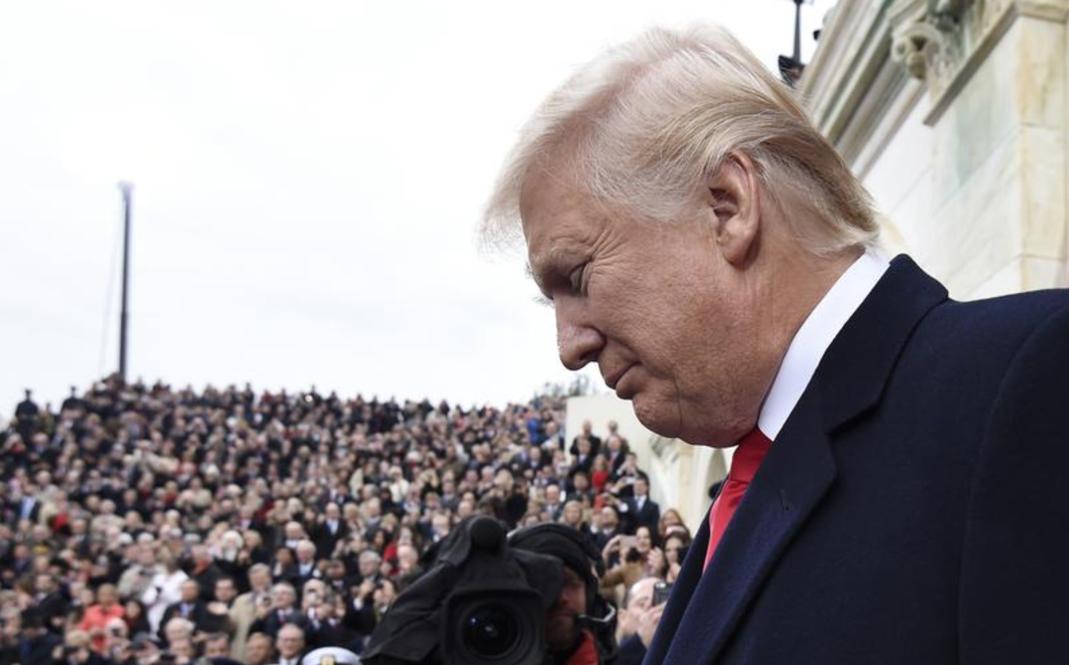(Washington, DC, February 10, 2017) – A move reportedly under consideration by the Trump administration to suspend a rule requiring companies to disclose their source for gold and other potential “conflict minerals” could enrich abusive armed groups in Africa.
Suspension of the rule, known as Dodd-Frank 1502, would undermine positive efforts to eliminate conflict minerals from the supply chain of major companies. The trade in these minerals has enriched abusive armed groups in Congo and neighboring countries, Human Rights Watch said.
“If the Trump administration wants to ‘drain the swamp,’ it makes no sense to undermine companies trying to keep money out of the hands of abusive thugs,” said Arvind Ganesan, business and human rights director at Human Rights Watch. “Leading companies have embraced the rule and proven that it works.”
This effort would suspend the implementation of 1502 for two years and may portend an effort to repeal the Dodd-Frank law that underpins it. Suspension would create a competitive disadvantage for responsible companies and benefit others that do not want to disclose their sourcing to deter the trade in conflict minerals, Human Rights Watch said.
The United States would also become a laggard on global efforts to halt the trade in conflict minerals if the rule was suspended. The European Union is considering a similar rule, and the Organization for Economic Cooperation and Development (OECD) has developed a guidance that encourages similar efforts by multinational companies.
The law was passed in 2010 to curtail the trade in conflict minerals. These minerals are globally significant as they are critical for key components in the electronics, jewelry, and aerospace industries.
The Securities and Exchange Commission (SEC) finalized the rule that operationalizes 1502 in 2012 and the modified rule went into force in 2014 following a legal challenge. Since its implementation, major companies such as Apple, Intel, and Tiffany & Co have made effective efforts to comply with the rule. Tiffany & Co has urged that the rule be left in place. Other companies have also welcomed the rule and said efforts to ensure their operations are conflict-free are now integral to their operations.
A 2005 Human Rights Watch report, “The Curse of Gold,” documented how local armed groups fighting for the control of gold mines and trading routes in Congo committed war crimes and crimes against humanity using the profits from gold to fund their activities and buy weapons.
In one case, during 18 months of conflict in 2002 and 2003, armed groups fought to control a gold mining town in the Ituri region. As the town changed hands five times, the warlords slaughtered 2,000 civilians, carried out summary executions, raped, tortured, and otherwise abused civilians and arbitrarily detained people they saw as enemies. Tens of thousands of civilians were forced to flee their homes, losing much or all they owned to looting or destruction.
When Uganda occupied northeastern Congo from 1998 to 2003, its soldiers took control of gold-rich areas and coerced gold miners to extract the gold for their benefit. Their irresponsible mining practices led to the collapse of one of the most important mines in the area in 1999, killing 100 people trapped inside and destroying a major livelihood for the residents of the area.
Critics of the regulation, such as the National Association of Manufacturers, claim that the law would cost thousands of companies a total of US$9-$16 billion to implement. However, an independent assessment by Elm Associates submitted to the SEC found that actual costs would be far lower, closer to $800 million, and that those costs were decreasing over time.
“The Trump administration should not get rid of a rule being followed and supported by leading companies,” Ganesan said. “Dodd-Frank 1502 helps to prevent mineral resources from enriching abusive warlords in Congo. It has been a model for similar rules in other countries and it protects American consumers from unknowingly financing horrific human rights abuses.”










